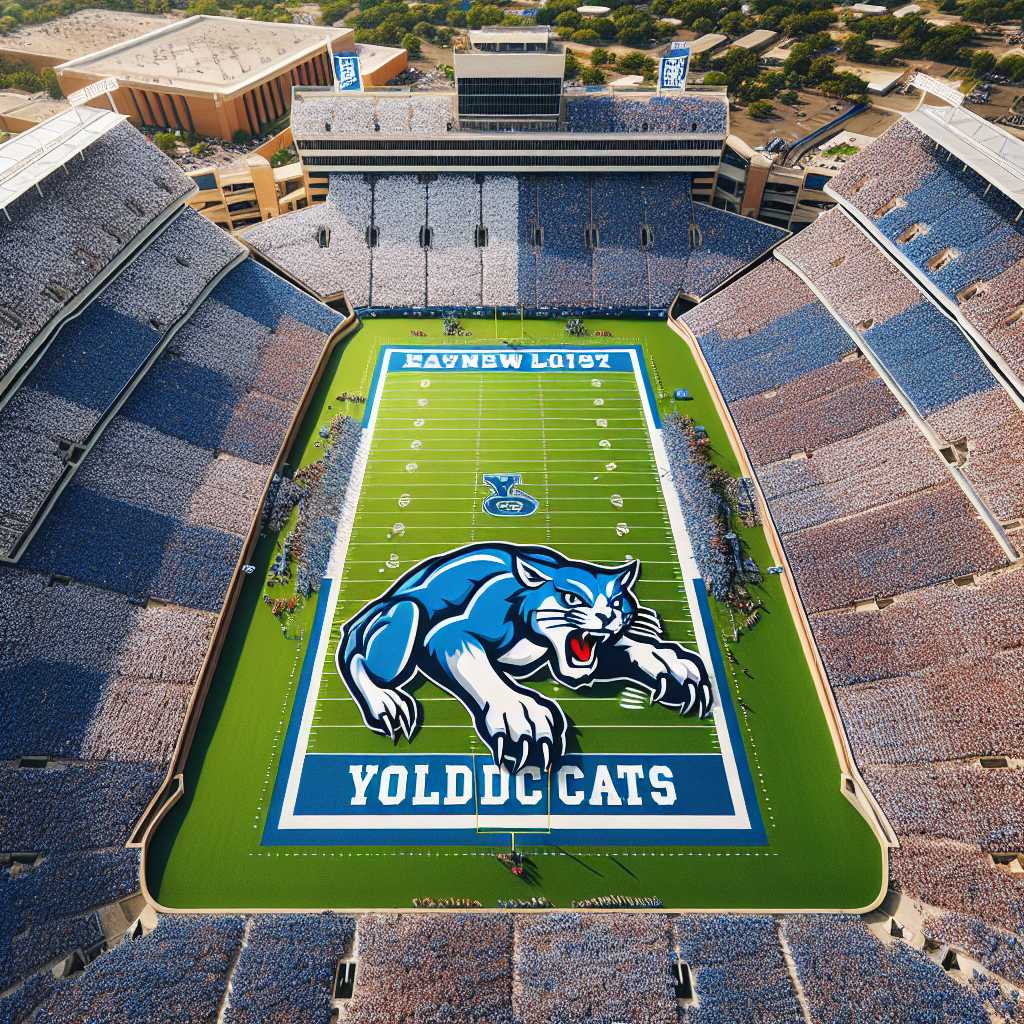### The Evolution and Current State of Kentucky Football
Kentucky football, deeply rooted in American college sports culture, stands as a testament to the long-standing tradition of gridiron glory in the Bluegrass State. Home to the University of Kentucky Wildcats, the program has experienced varying degrees of success throughout its history, navigating the demanding landscape of the Southeastern Conference (SEC) – one of collegiate football’s most competitive leagues.
History of Kentucky Football
The University of Kentucky Wildcats represents both a storied past and an optimistic future in the panorama of college football. Historically, Kentucky has been known more for its dominant basketball program, but the football team has had its share of highlights as well.
Founded in 1881, the Wildcats have swung through periods of great triumph and tough adversity. Significant eras include the tenure of Coach Paul “Bear” Bryant in the late 1940s and early ’50s, when Kentucky clinched an SEC championship and made history with wins like the 1951 Sugar Bowl victory over Oklahoma.
Post-Bryant years witnessed fluctuating progress, with peaks during Franc Curci’s coaching in the 1970s and Rich Brooks’ leadership in the 2000s, which rejuvenated the team after years of subpar performances. Mark Stoops currently helms the program, leading it through a phase marked by recruiting success and bowl game appearances.
The Modern Era Under Mark Stoops
Since assuming the role of head coach in 2012, Mark Stoops has ushered in an era characterized by rebuilding and noteworthy development. Stoops’ tenure is highlighted by increased consistency, superior recruitment classes, and making strides within the rigorous SEC.
Under his stewardship, Kentucky has fostered NFL-caliber talent and has become a team capable of challenging some of the traditional powers within their conference. This growth translates to the Wildcats reaching and winning bowl games, a measure of success that underscores the constructive path Stoops has charted.
Facilities and Support
To succeed in highly competitive college athletics, support in terms of facilities and resources is crucial. The University of Kentucky continues to invest in football infrastructure, acknowledging its importance in education and community pride. Kroger Field, previously Commonwealth Stadium, underwent major renovations finished in 2015 to modernize and improve the fan experience for home games.
Moreover, UK’s state-of-the-art training facilities aim to attract top high school talent while promoting player development. Such investments are testimony to the University’s commitment to elevating its football program to match its prestigious college basketball counterpart.
Cultural Significance
For Kentuckians, football provides a rallying cry beyond academic endeavors; it is woven into social fabrics across communities. Tailgate traditions, passionate fans, and a competitive spirit shape Saturdays each fall. Commitment to athletics marks not only physical prowess but also an allegiance to collegiate identity that for many represents lifelong loyalty.
Additionally, football season feeds local economies through event hosting—games acting as beacons drawing alumni and fans who support local businesses. The spirit showcased on game day mirrors a broader sense of unity pervasive within Kentucky’s culture.

